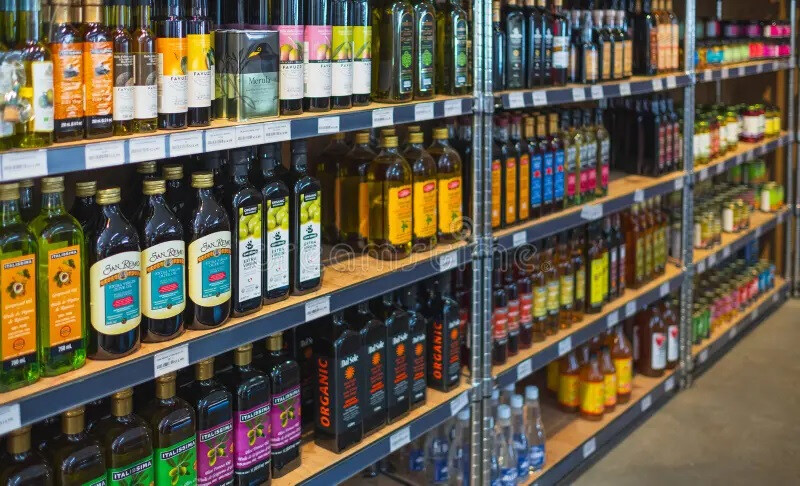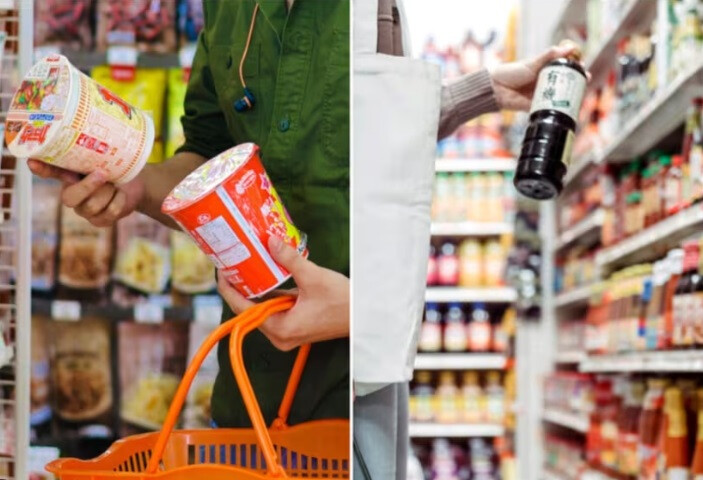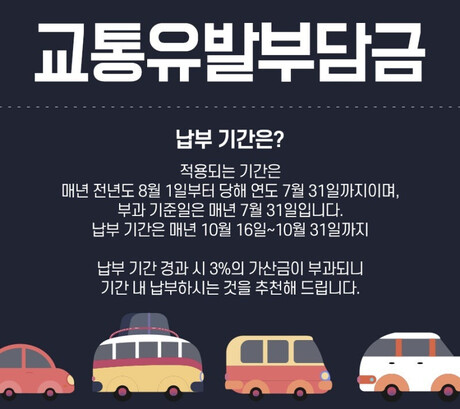
Singapore – Singapore will mandate ‘Nutri-Grade’ labeling for foods high in sodium to curb the high prevalence of chronic diseases and encourage healthy eating habits among its citizens. Starting in mid-2027, products such as salt, sauces, seasonings, and instant noodles that receive a C or D grade will be required to display the Nutri-Grade label.
Similar to beverages, these products will be graded from A to D, with D being categorized as the least healthy option. Notably, D-grade products with the highest levels of sodium, sugar, and saturated fat will be prohibited from advertising.
The label will specify the key component determining the final grade, aiming to improve consumer understanding of the grading criteria. For example, if instant noodles have a C grade for sodium content but a D grade for saturated fat content, the product will receive a D-grade label, and the saturated fat content will be highlighted on the label.
The beverage Nutri-Grade system, implemented in December 2020, has already shown a positive effect in encouraging manufacturers to reduce sugar content in their products. The average sugar content of packaged beverages decreased from 7.1% in 2017 to 4.6% as of September 2023.
The government expects that this expanded food labeling policy will contribute to reducing excessive sodium and saturated fat intake among the population.
Speaking at the Singapore Heart Foundation’s 55th anniversary celebration at the National Gallery Singapore on April 6th, Health Minister Ong Ye Kung announced the expanded Nutri-Grade system, emphasizing, “Health never demands a high price. It starts with simple habits, more physical activity, sufficient sleep, and reducing salt, sauces, and cooking oil.”
He further added, “When cooking, it is important to choose products with the Healthier Choice symbol. It may taste different at first and take some time to get used to, but soon you will taste the original flavor of the ingredients, not just the sauce.”
Applying Segmented Grading Criteria:
The beverage Nutri-Grade system applies a unified standard for sugar and saturated fat content across various beverages, including fruit juices, milk, bubble tea, carbonated drinks, and instant powdered beverages. In contrast, a differentiated grading system will be applied to products such as salt, sauces, seasonings, instant noodles, and cooking oils.
These products are categorized into 23 detailed subcategories, including salt and salt substitutes, cooking oils, various sauces like ketchup and oyster sauce, seasoning mixes, soups and broths, and instant noodles. Separate A to D grade criteria will be established for each subcategory.
The Ministry of Health (MOH) and the Health Promotion Board (HPB) explained that this grading system will maintain the diversity of Singapore's food culture while encouraging manufacturers to improve their products within each specific product subcategory.
An HPB spokesperson pointed out that applying a single sodium standard could result in all products in some subcategories receiving a D grade. They added, “In that case, the question may arise as to whether products in certain categories should not exist in the market at all, which could have a greater impact on Singapore’s reputation as a food paradise.”

Guiding Consumers Towards Healthier Choices:
The goal of this initiative is to guide consumers to choose healthier alternatives within specific product types.
The Ministry of Health and the Health Promotion Board exchanged opinions with over 7,000 industry and expert stakeholders, as well as the general public, in the process of developing these policies.
According to the 2022 National Nutrition Survey, Singaporeans consume an average of 3,620mg of sodium per day, nearly double the World Health Organization (WHO) recommended daily intake of 2,000mg (approximately 1 teaspoon of salt). The main sources of sodium intake are salt and sauces added during cooking, and food consumed outside the home. Similarly, saturated fat intake accounts for 36% of total fat intake, exceeding the recommended intake of 30%.
These dietary patterns are major contributors to the high prevalence of hypertension and hypercholesterolemia among Singaporeans, affecting 37% and 31.9% of the population, respectively. Health authorities emphasize that simply switching to lower-sodium ingredients in common dishes can reduce sodium intake by 10% to 30%.
Currently, 40% of salt, sauces, seasonings, instant noodles, and cooking oils purchased in Singapore would fall into the D grade. Authorities stated that grading criteria have been set to allow the industry to gradually improve their products, and sufficient preparation time will be provided for this.
Manufacturers can utilize the HPB’s ‘Healthier Ingredient Development Scheme,’ which supports the development of healthier products, and industry guidance documents and toolkits will also be provided.
[Copyright (c) Global Economic Times. All Rights Reserved.]






























